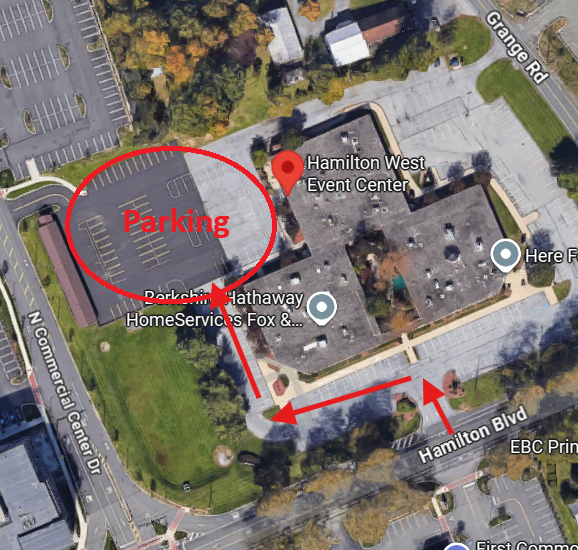Call to Worship
Psalm 145:1-3
I will extol you, my God and King,
and bless your name forever and ever.
2 Every day I will bless you
and praise your name forever and ever.
3 Great is the Lord, and greatly to be praised,
and his greatness is unsearchable.
Psalm 145 is the last psalm bearing the superscription “of David.” None of the remaining five psalms (146-150) bear any superscription. The psalm is an acrostic and the first letter of each verse writes out the Hebrew alphabet.
Strictly speaking, verses 1-3 are not a traditional call to worship because a call to worship contains a command to worship. In fact, there is no command in the entire psalm!
So why do we use it as a call to worship? David praises God throughout the entire psalm and we are called to do the same, not directly by command, but indirectly by imitation.
The focus of Psalm 145 is the greatness of God, in His attributes and in His works for His people. Alec Motyer called Psalm 145 a “river in spate of the attributes of Yahweh.”
In the first two verses, David commits himself to eternal praise to “my God and King.” Verse three gives the first ground or reason for praise, namely, God’s greatness. David teaches us that the greatness of God is not something that can be adequately praised in this or any song, because it is “unsearchable.” His statement is reminiscent of what Paul says in Romans 11:33-36, and David would certainly agree,
Oh, the depth of the riches and wisdom and knowledge of God! How unsearchable are his judgments and how inscrutable his ways! “For who has known the mind of the Lord, or who has been his counselor?” “Or who has given a gift to him that he might be repaid?” For from him and through him and to him are all things. To him be glory forever. Amen.
Benediction
Philippians 4:7
And the peace of God, which surpasses all understanding, will guard your hearts and your minds in Christ Jesus.
Like the call to worship, this benediction is not a usual benediction. Like the call to worship, benedictions usually contain commands – either addressed toward God (Num. 6:24-26) or in the third person (Heb. 13:20-21). But this verse contains neither of those – it is instead a promise. In context, this is a promise of peace which is the result of bringing our requests to God in prayer and thanksgiving (Phil. 4:6).
But because this is a promise of what God will do for us, we may re-frame it as a benediction by wording it to add the third person imperative, “May peace of God, which surpasses all understanding, guard your hearts and your minds in Christ Jesus.” In other words, by phrasing this as a benediction we are saying, “God has said that this will be, therefore let it be!”
Discover more from Grace Community Church
Subscribe to get the latest posts sent to your email.


0 Comments